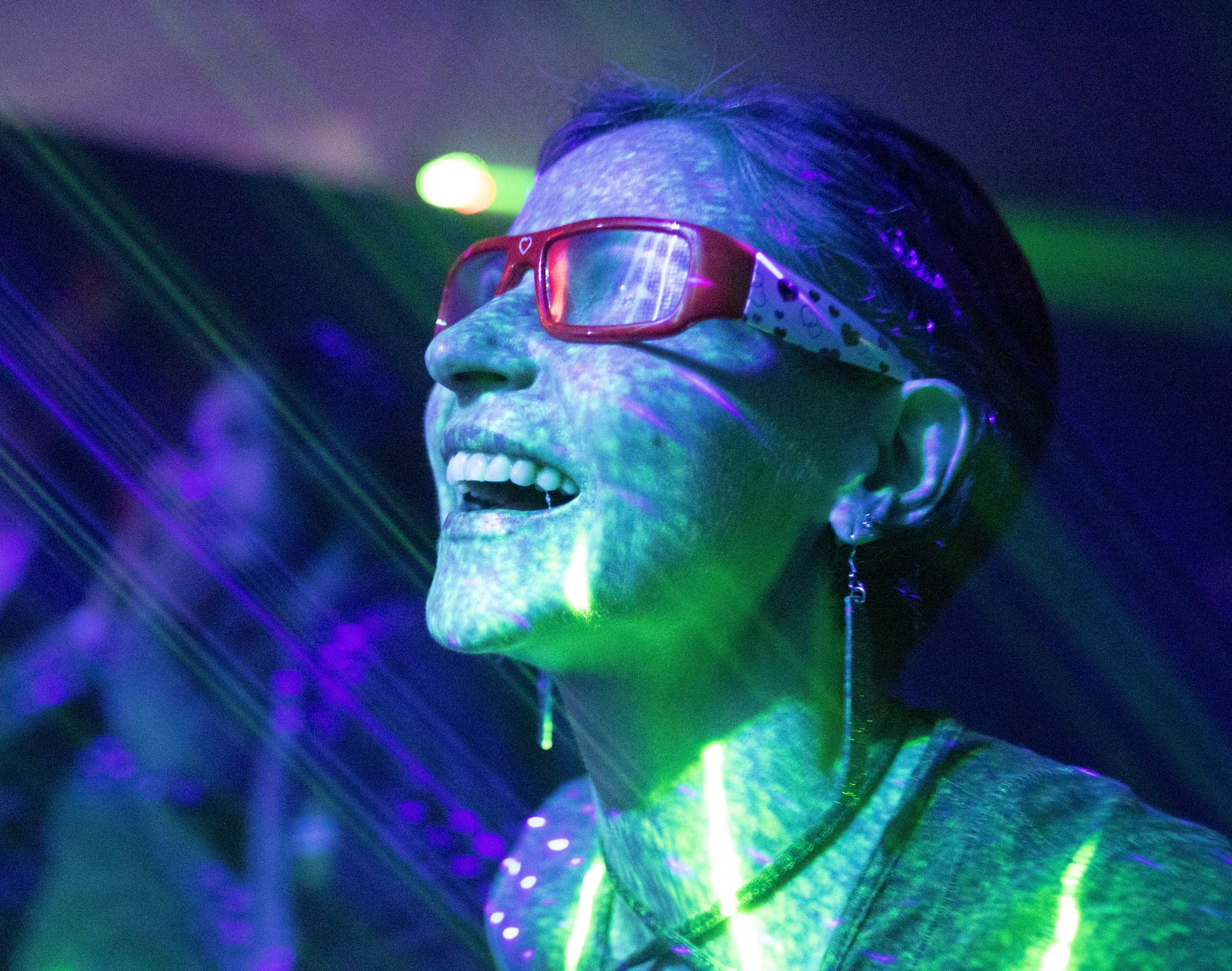Although winter brings the promise of Christmas, comfort food, and remarkably better television, for many, it is a cruel mistress.
New research has shown that one in three people in the UK suffers from Seasonal Affective Disorder (SAD), figures which are twice as high as the previous estimate.
The most common symptoms of SAD are tiredness, low mood and a lack of passion for life, caused by the absence of sunlight and, therefore, a drop in the ‘happy hormone,’ serotonin. Some sufferers experience feelings of despair, anxiousness and indecisiveness. It wasn’t until the 1980s that the ‘winter blues’ was recognised as a real illness and it is now classed as a form of seasonal depression. Those aged 18-35 are most at risk and women are three times more likely to suffer from it than men.
Seasonal affective disorder is widely treated with the use of a light box, which sits on your desk or next to your bed to boost hormone levels with ‘real’ sunlight. Sounds silly. But nearly 10% of people in Finland suffer from SAD, compared to 1.4 percent in Florida – proof that light really does make a difference. Especially effective when used first thing in the morning, light boxes encourage your brain to reduce the production of melatonin (the hormone that makes you sleepy) and increase the production of serotonin. They are at least ten times the intensity of household lights and are available in different strengths and sizes.
Unfortunately, hibernation isn’t an option for humans, so beat SAD at its own game with these simple changes to your winter lifestyle.
- Get outside when you can. It may be chilly, but standing at a window isn’t going to help your serotonin levels. Don the layers and go for a wander in your lunch break
- It may be the last thing you feel like doing but a little exercise can go a long way. Trying exercise classes is a great antidote to the ‘meh’ feeling and from time to time, you might even feel like you’re an extra in THAT Eric Prydz video
- Aim for 7-8 hours of sleep a night and try to keep you bedtime and waking time the same. This will normalise your sleep pattern and you’ll have more energy. Oversleeping can make you feel worse in the winter
- Prepare for the weather. There’s no such thing as bad weather, just bad clothes, so invest in some stylish knits, a good winter coat and thermals. They may sound like something your granny wears, but they are a godsend when temperatures drop below zero.
- It’s easy to slip into a social decline over the winter but keep friends in the loop and try to spend quality time with the people around you – the chances are many people around you are experiencing symptoms related to SAD
